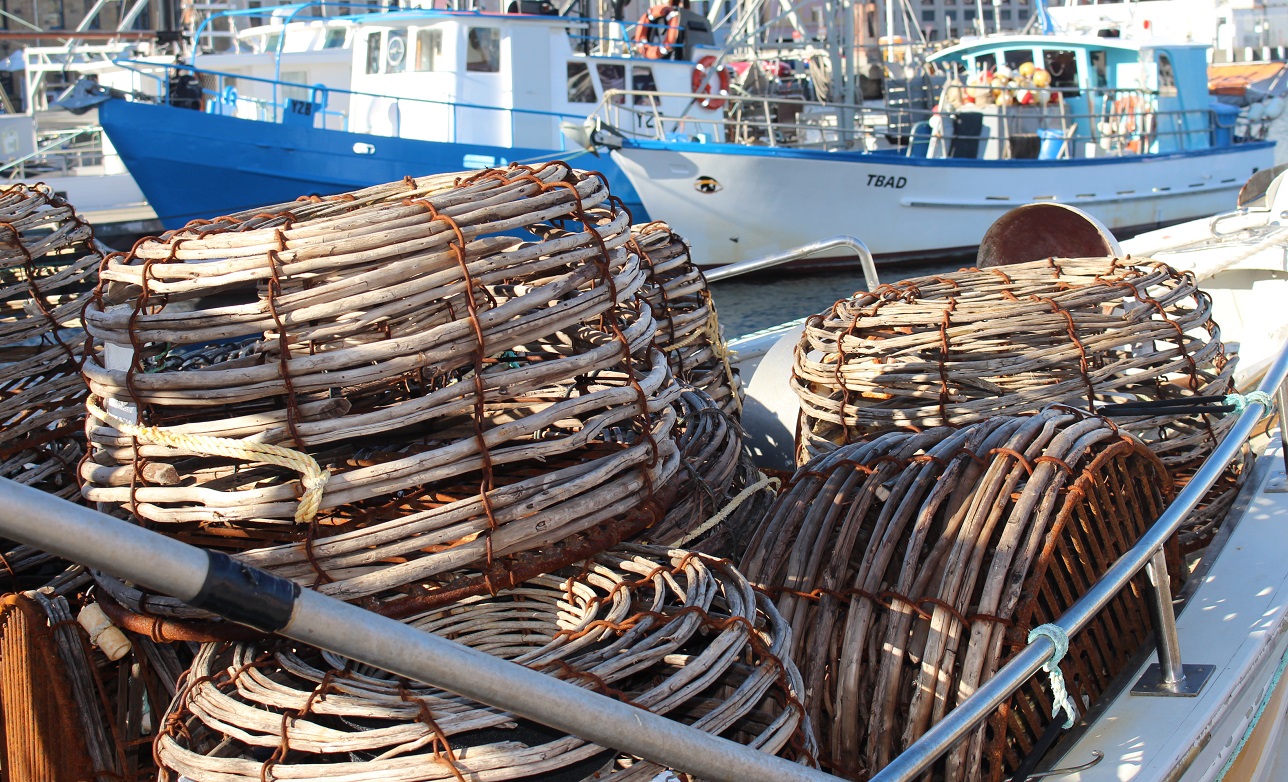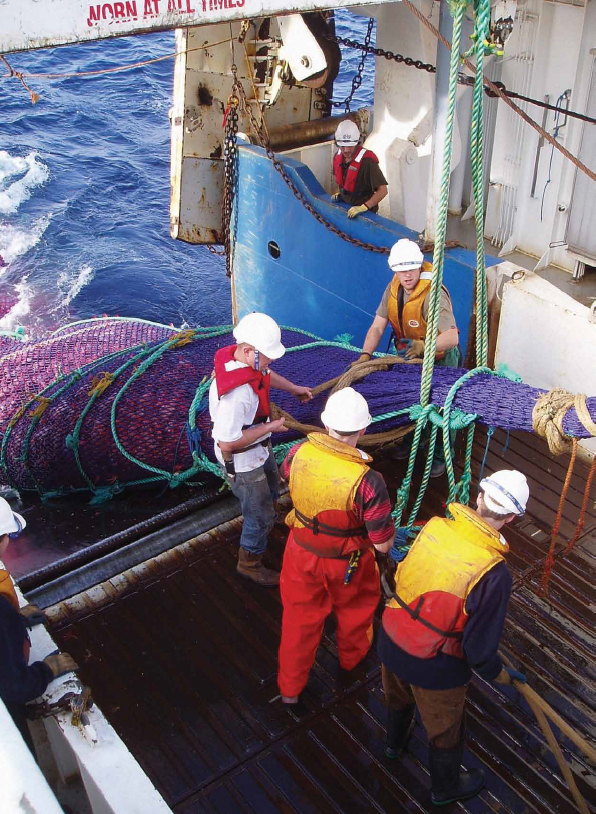
By Tim Emery, Caleb Gardner, Klaas Hartmann and Ian Cartwright
Improving productivity in the Australian fishing industry is a major challenge.
A 2009 study estimated an economic performance gap (lost profit) in Australian commercial fisheries of between 36-46%, roughly equivalent to around AU$350-450 million per annum, with the greatest productivity gains to be made through increasing the efficiency of wild-capture commercial fisheries regulations.
But while many wild fisheries projects have been conducted to identify ways of substantially increasing the economic benefits (revenue and/or profit) from fisheries, often there has been no uptake due to a lack of industry support.
Research on the southern rock lobster fishery, for example, showed that regional size limits better suited to local lobster growth rates would increase both the economic yield and egg production. But majority opposition from commercial fishers meant regional size limits were not introduced.
 New research by a team of IMAS scientists has now investigated the role of government in improving outcomes in an industry that is frequently resistant to change.
New research by a team of IMAS scientists has now investigated the role of government in improving outcomes in an industry that is frequently resistant to change.
In research funded by the Australian Seafood CRC, which has invested in many wild fisheries projects because of the opportunity for growth in economic yield from the wild-harvest sector, IMAS’s Dr Tim Emery and his team examined road blocks to the extension of research into fisheries management.
The researchers looked at case studies from around Australia to investigate why opportunities identified through research to increase economic performance haven’t been implemented.
They found that common blocks were:
(i) ambiguity around who are the intended beneficiaries for economic yield from the fishery (e.g. commercial fishers or the community?);
(ii) an under-representation of the public in the decision-making process;
(iii) the ability of special interest groups to lobby successfully against change and;
(iv) a perception that the role of government ends with ensuring that fisheries are sustainable and decisions on economic performance can be left to industry.
Further information on the study can be found here.